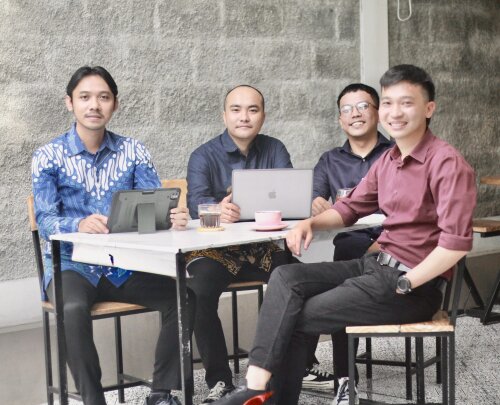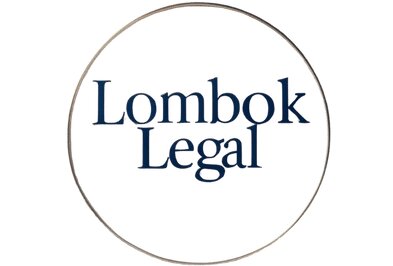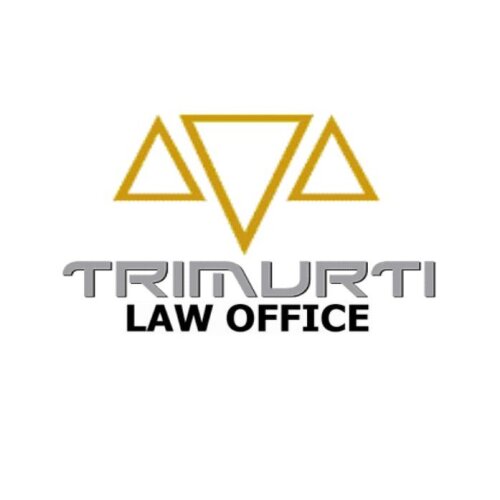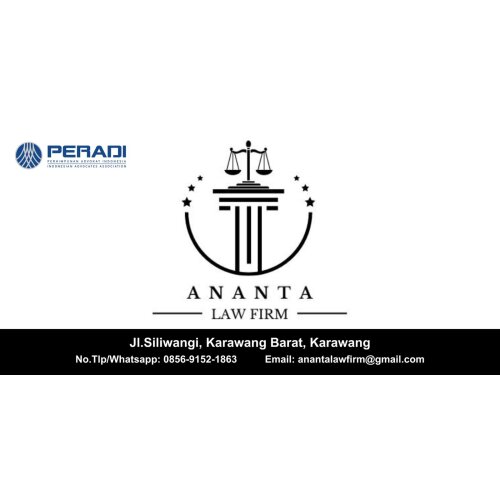Best Child Abuse Lawyers in Indonesia
Share your needs with us, get contacted by law firms.
Free. Takes 2 min.
Free Guide to Hiring a Family Lawyer
Or refine your search by selecting a city:
List of the best lawyers in Indonesia
About Child Abuse Law in Indonesia
Child abuse in Indonesia is a critical issue that encompasses physical, emotional, sexual abuse, and neglect. The Indonesian government has implemented several laws and regulations to combat child abuse and protect the rights of children. These laws are designed to prevent harm to children and provide a framework for prosecuting offenders. Despite these legal frameworks, challenges such as underreporting, lack of public awareness, and cultural stigma continue to complicate efforts to address the problem effectively.
Why You May Need a Lawyer
There are several situations where one may need a lawyer in cases of child abuse in Indonesia:
- Reporting Abuse: Victims or witnesses may require legal guidance to navigate the reporting process to ensure their case is handled appropriately.
- Custody Disputes: In situations where abuse is alleged during custody battles, legal representation can be crucial to protect the child's interests.
- Pursuing Legal Action: Victims seeking to press charges or file civil suits against perpetrators need legal assistance to build and present their case effectively.
- Protection Orders: Applying for protection orders to prevent further abuse might require legal expertise to ensure they are granted.
- Advocacy for Rights and Compensation: Legal professionals can help advocate for victims' rights and any potential compensation due to damages suffered.
Local Laws Overview
Indonesia has a comprehensive legal framework aimed at protecting children from abuse. Key aspects include:
- Law Number 35 of 2014: An amendment to the Child Protection Act that stipulates severe penalties for child abuse offenders, including imprisonment and fines.
- Penal Code: Contains provisions for crimes related to physical and sexual abuse and trafficking of children.
- Domestic Violence Law: Provides legal protection against domestic violence, which often encompasses child abuse within family settings.
- Juvenile Court System: Specialized courts handle cases of child abuse to ensure sensitive and appropriate proceedings.
- Social Welfare Law: Contains measures for the recovery and rehabilitation of child abuse victims.
Frequently Asked Questions
What constitutes child abuse in Indonesia?
Child abuse includes physical harm, sexual abuse, emotional abuse, exploitation, and neglect of a child by individuals or groups responsible for their care.
How can I report child abuse in Indonesia?
Reports can be made to local police, child protection agencies, or helplines dedicated to reporting child abuse cases. It's essential to provide as much detail as possible to facilitate investigations.
What are the legal consequences for child abusers in Indonesia?
Offenders can face severe penalties, including imprisonment, fines, and in extreme cases, enhanced sentences if the abuse results in severe injury or death.
Who can file a report of child abuse?
Anyone with knowledge of child abuse, including victims, family members, teachers, and community members, can file a report. Legal provisions ensure the protection of whistleblowers, especially when handled by authorized agencies.
What role do child protection agencies play in Indonesia?
Child protection agencies are involved in investigating reports, providing victim support, facilitating rehabilitation, and working with law enforcement to prosecute offenders.
Can legal proceedings be initiated without the victim's consent?
In some severe cases, authorities can intervene, especially if the victim is a minor and incapable of providing informed consent due to age or mental capacity.
What measures exist for the rehabilitation of child abuse victims?
Victims have access to medical treatment, psychological counseling, and social services aimed at their recovery and reintegration into society.
Are there special courts for handling child abuse cases?
Yes, Indonesia has juvenile courts that specialize in handling cases involving minors, ensuring proceedings are conducted with sensitivity and a focus on the child's welfare.
Is child abuse a common issue in Indonesia?
While underreporting makes it hard to ascertain exact figures, child abuse is a significant concern in Indonesia. Increased awareness and legal measures are directed at addressing this social issue.
How can I seek legal assistance in a child abuse case?
It's advisable to contact licensed legal professionals or law firms that specialize in child protection issues to guide you through the legal process.
Additional Resources
Several organizations provide resources and support for child abuse cases in Indonesia:
- Komisi Perlindungan Anak Indonesia (KPAI): National Commission for Child Protection offers advocacy and support for children's rights.
- Lembaga Bantuan Hukum (LBH): Provides legal aid services, including support for child abuse cases.
- Ministry of Social Affairs: Offers programs and support for child welfare and protection services.
- Women's Empowerment and Child Protection Ministry (KPPPA): Government body tasked with creating policies for the betterment of women's and children's rights.
Next Steps
If you or someone you know is facing issues related to child abuse in Indonesia, consider the following steps:
- Contact a licensed lawyer or legal aid organization specializing in child protection for a consultation.
- Gather all relevant documentation and evidence related to the case, such as medical reports or witness statements, to assist your legal team.
- Reach out to child protection agencies for immediate support and guidance if the situation poses an urgent threat.
- Stay informed about your legal rights and the processes involved, and maintain open communication with your legal representatives.
- Engage with support networks and resources aimed at recovery and protection, ensuring the child receives necessary care and support.
Lawzana helps you find the best lawyers and law firms in Indonesia through a curated and pre-screened list of qualified legal professionals. Our platform offers rankings and detailed profiles of attorneys and law firms, allowing you to compare based on practice areas, including Child Abuse, experience, and client feedback.
Each profile includes a description of the firm's areas of practice, client reviews, team members and partners, year of establishment, spoken languages, office locations, contact information, social media presence, and any published articles or resources. Most firms on our platform speak English and are experienced in both local and international legal matters.
Get a quote from top-rated law firms in Indonesia — quickly, securely, and without unnecessary hassle.
Disclaimer:
The information provided on this page is for general informational purposes only and does not constitute legal advice. While we strive to ensure the accuracy and relevance of the content, legal information may change over time, and interpretations of the law can vary. You should always consult with a qualified legal professional for advice specific to your situation.
We disclaim all liability for actions taken or not taken based on the content of this page. If you believe any information is incorrect or outdated, please contact us, and we will review and update it where appropriate.
Browse child abuse law firms by city in Indonesia
Refine your search by selecting a city.















